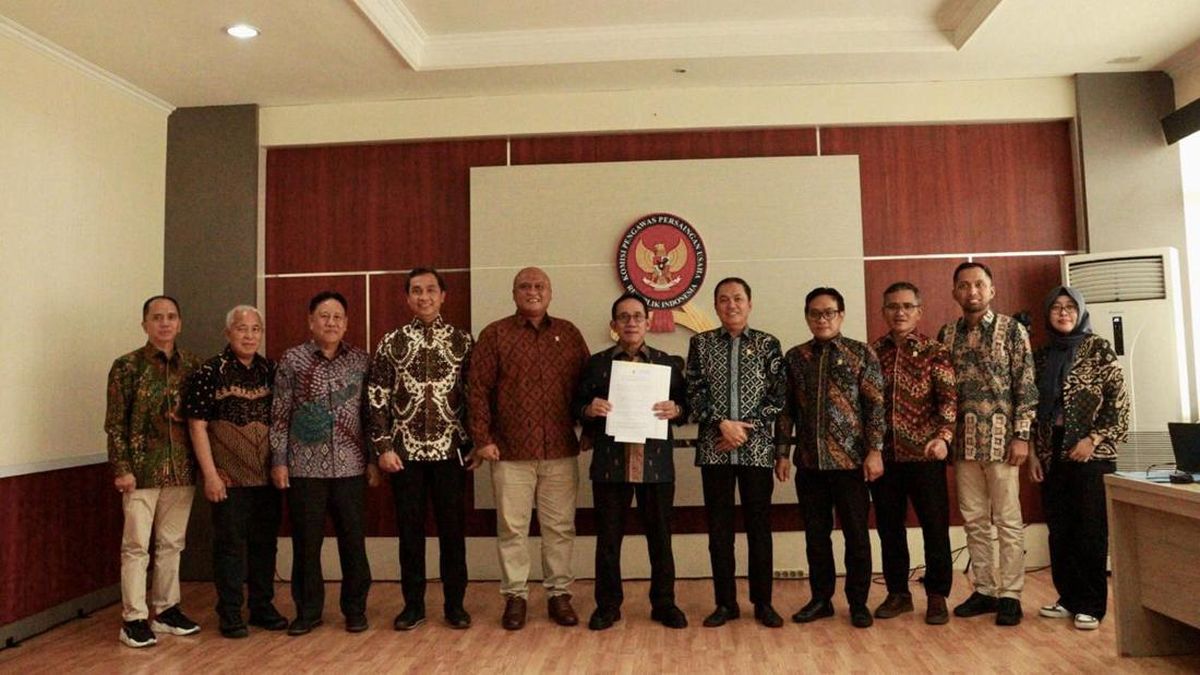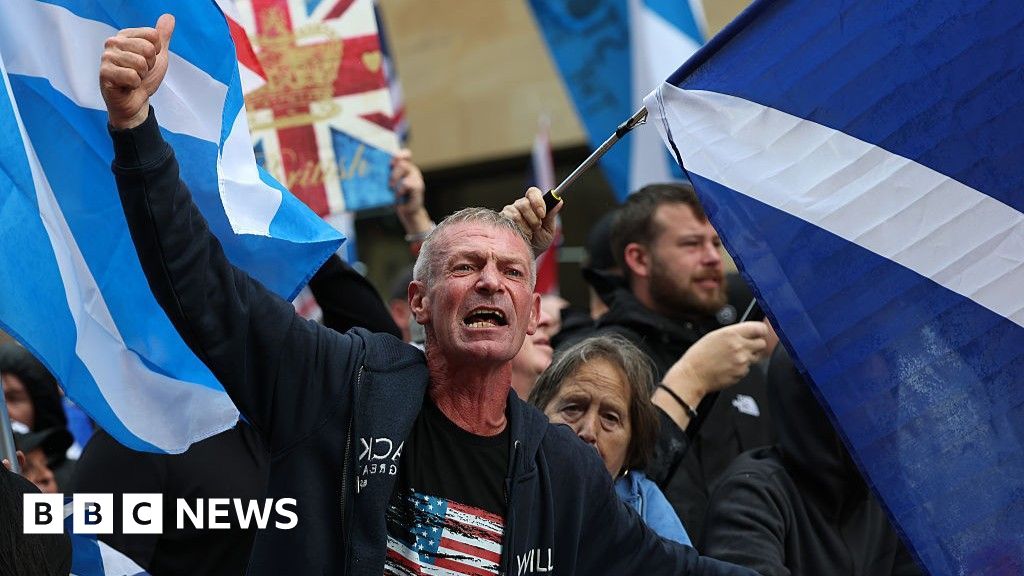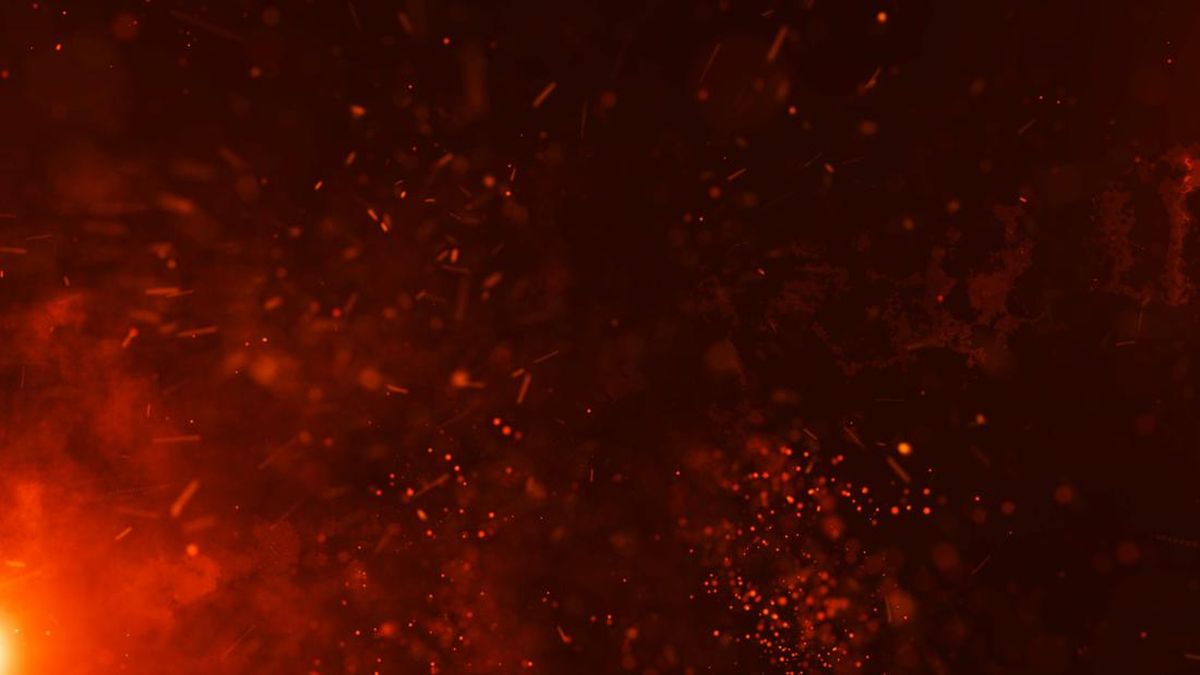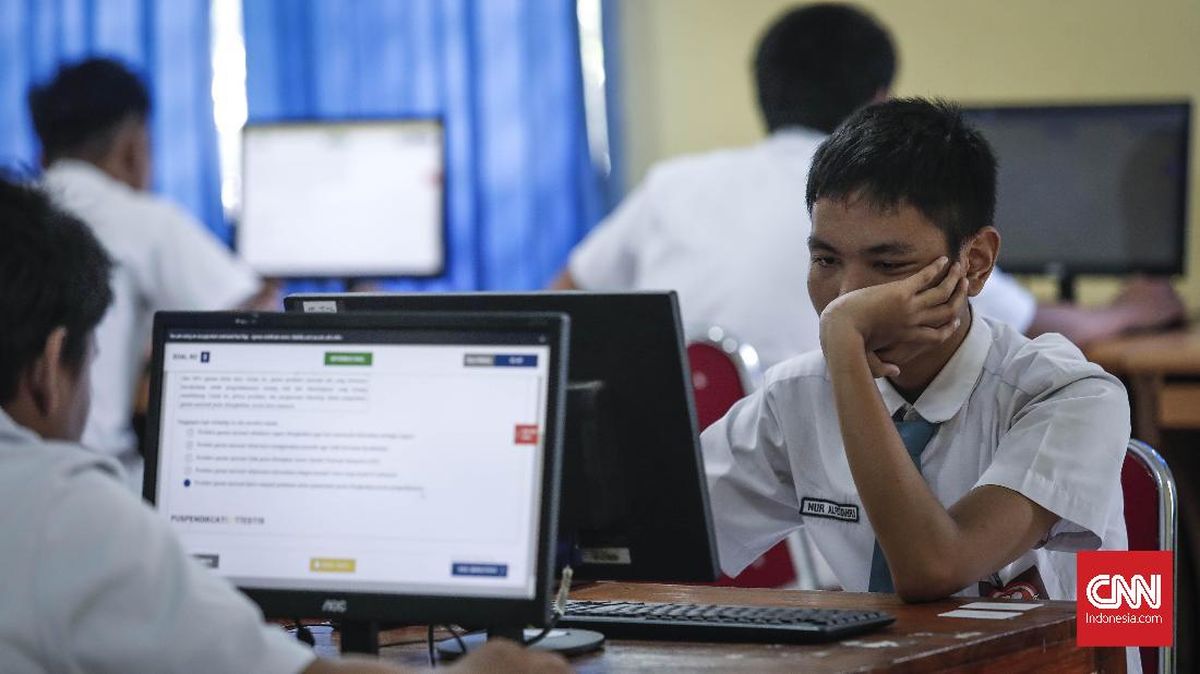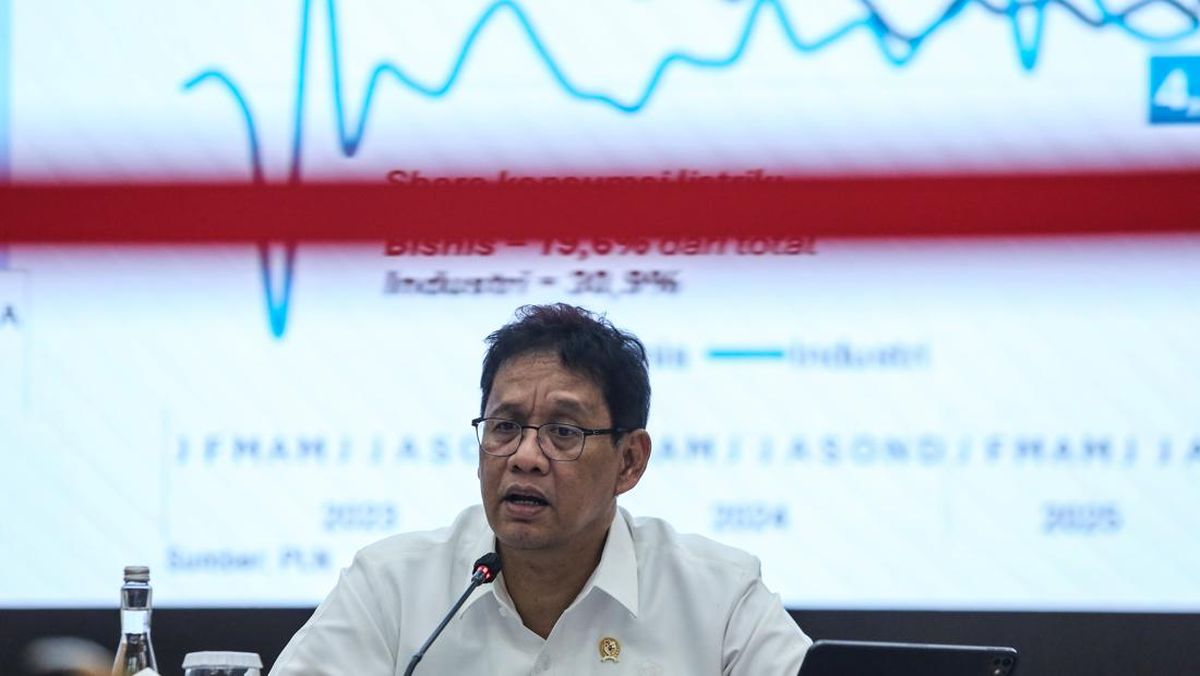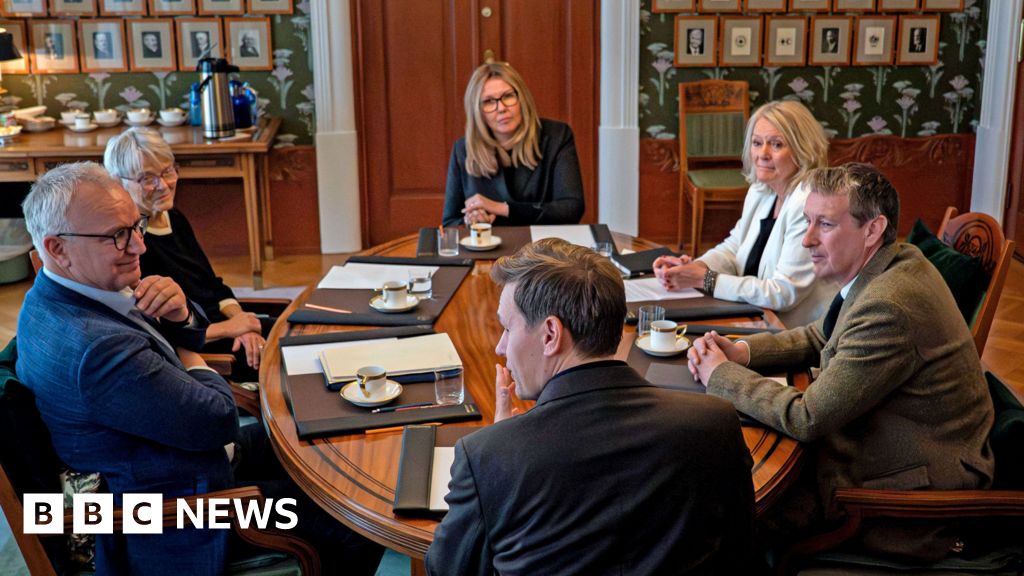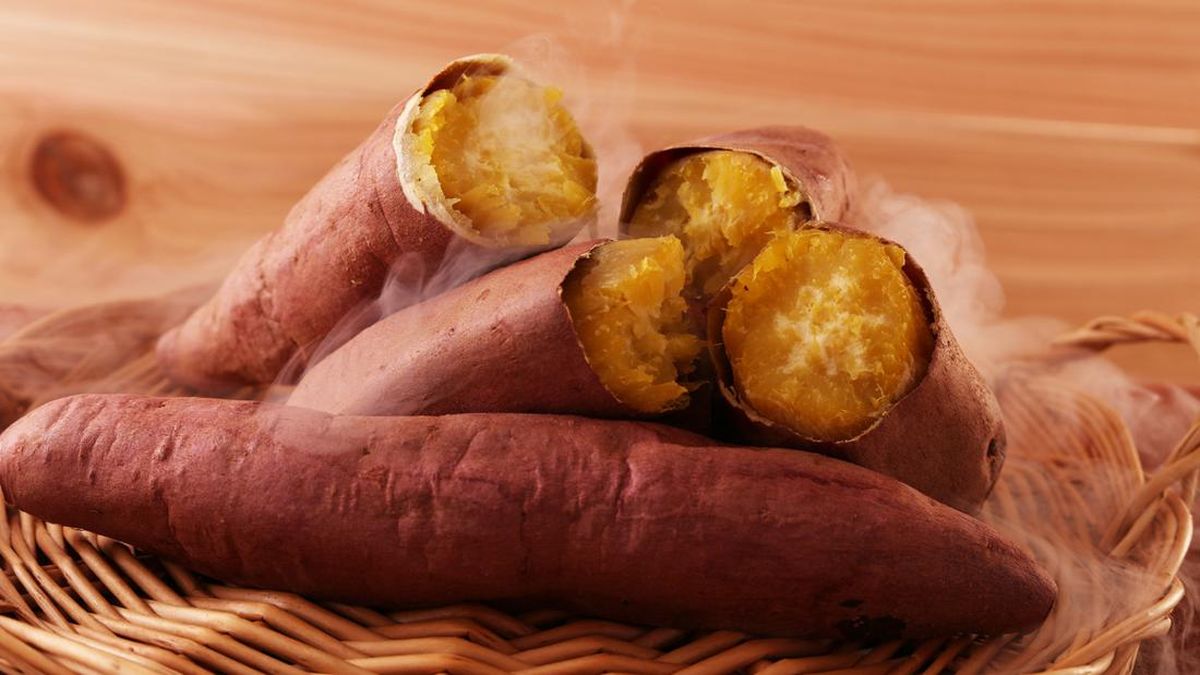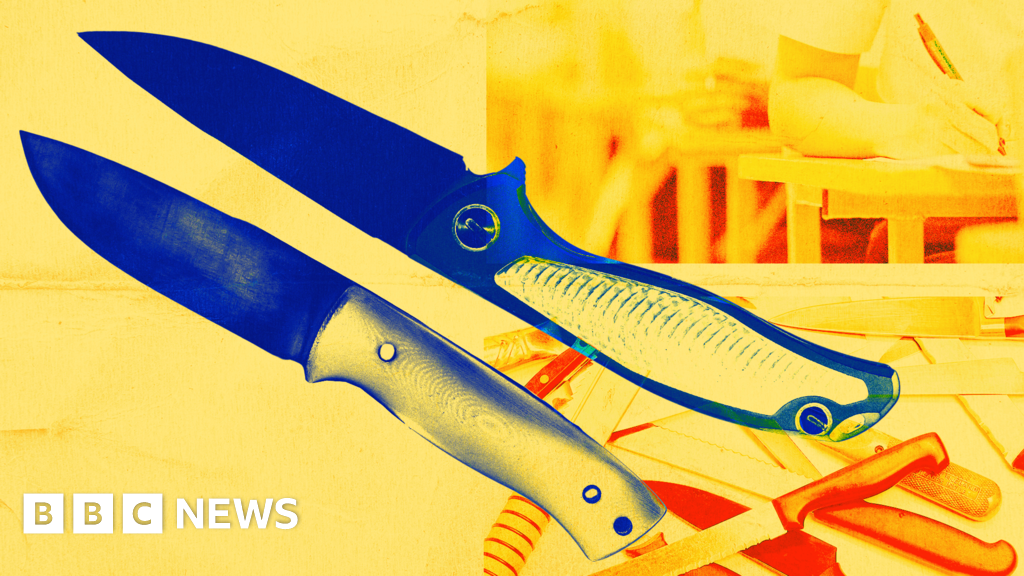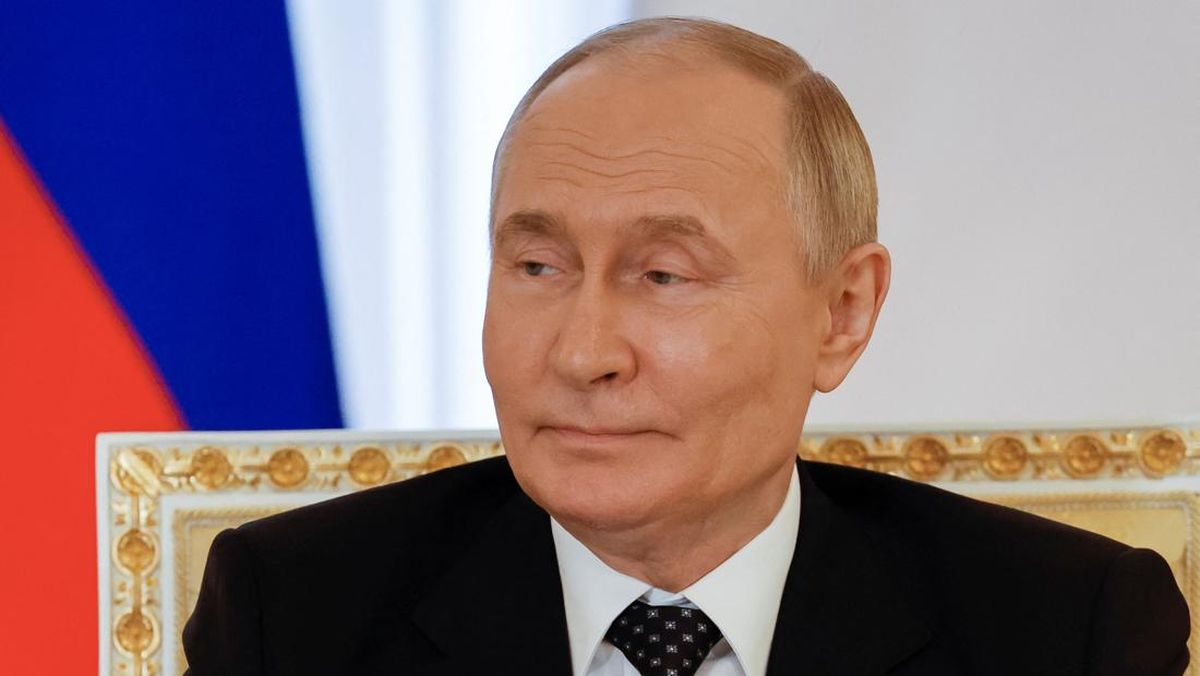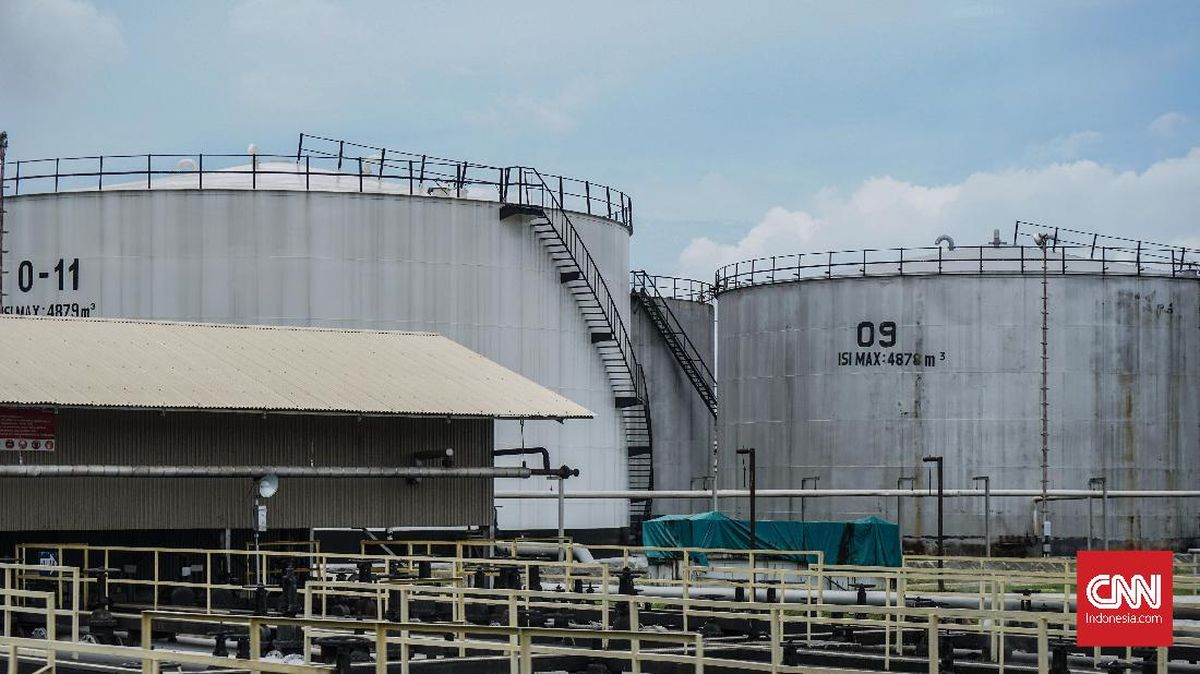New powers, greater role for peak Aboriginal body in Victoria
We’re sorry, this feature is currently unavailable. We’re working to restore it. Please try again later.
Victoria’s peak Aboriginal body, the First Peoples’ Assembly, would be given a direct line to ministers and the power to make appointments to government boards under legislation being developed through the state’s treaty negotiations.
The assembly would also be given oversight over programs and policies designed to close the gap in life expectancy and living standards between Indigenous and non-Indigenous Australians.
Ministers and government departments would be required to consult with the assembly on any laws or policies “specifically directed” to Indigenous Victorians, and the assembly would have the authority to question ministers and provide advice to them.

First Peoples’ Assembly co-chairs Ngarra Murray (right) and Rueben Berg.Credit: Justin McManus
The proposed reform, which would make the assembly a statutory corporation and bring it under the power of Victoria’s public sector anti-corruption watchdog, IBAC, would satisfy one of the key recommendations within the Yoorrook Justice Commission’s final reports tabled this week in parliament.
The commission recommended the state government negotiate with First Peoples to establish a permanent, First Peoples’ representative body “with powers at all levels of political and policy decision making”.
Loading
The commission found that exclusion from processes of government was one of the historic and ongoing injustices inflicted upon Victoria’s Indigenous people since colonisation.
“As shown in the evidence to Yoorrook, any inclusion of First Peoples in the State political life is limited, circumscribed and reliant on the continuation of political goodwill,” the commission noted.
“Numerous witnesses to Yoorrook submitted that the State continues to make government policy and laws for First Peoples, rather than with or by First Peoples. Government policy decision making continues to largely disregard the voices of First Peoples Elders, organisations and communities.”
The proposed reform will be opposed by the Victorian Liberal Party, which doesn’t support the treaty process or establishment of any body resembling the Voice to federal parliament, which was rejected by a majority of Victorians and Australians at the 2023 referendum.
“Victorians voted against a Voice to parliament, and unlike [Premier] Jacinta Allan, I am listening,” Opposition Leader Brad Battin said earlier this week.
Confirmation that negotiations on a statewide treaty are currently focused on the future shape and powers of the assembly will also frustrate some Aboriginal people. “They are negotiating themselves a deal and no one else,” one community elder said. “Our community is going to look at this and ask, ‘What’s in it for me?’”
Allan and the co-chairs of the First Peoples’ Assembly, Ngarra Murray and Reuben Berg, on Friday issued a joint statement confirming that a statewide treaty bill would this year be introduced to parliament to turn the assembly into a permanent representative body with consultation and decision-making powers.
The changes being negotiated would give the assembly powers well beyond those proposed for the Voice to parliament.
Powers currently subject to negotiation include: assuming a formal oversight role under the National Agreement to Close the Gap for outcomes in Victoria; deciding who is and isn’t an Aboriginal person; running Aboriginal community infrastructure programs; and making “certain statutory appointments for designated First Peoples’ seats on government boards and entities” such as the Heritage Council of Victoria.
Loading
The joint statement issued by the government and the assembly did not provide any details on how the assembly would be funded.
The Yoorrook commission recommended the government use a portion of land, water and other natural resource revenues to establish “independent funding streams” for First Peoples.
The assembly was established in 2019 as an elected body to represent Victoria’s First Peoples in treaty negotiations with the government.
It was established by ministerial declaration, which can be withdrawn at any time. The Yoorrook commissioners argued that a representative body for First Peoples needed a stronger legal basis and greater independence from government.
“The highest degree of protection for the continued existence of the permanent body of First Peoples would be to enshrine it in legislation,” it concluded.
Most Viewed in Politics
Loading




